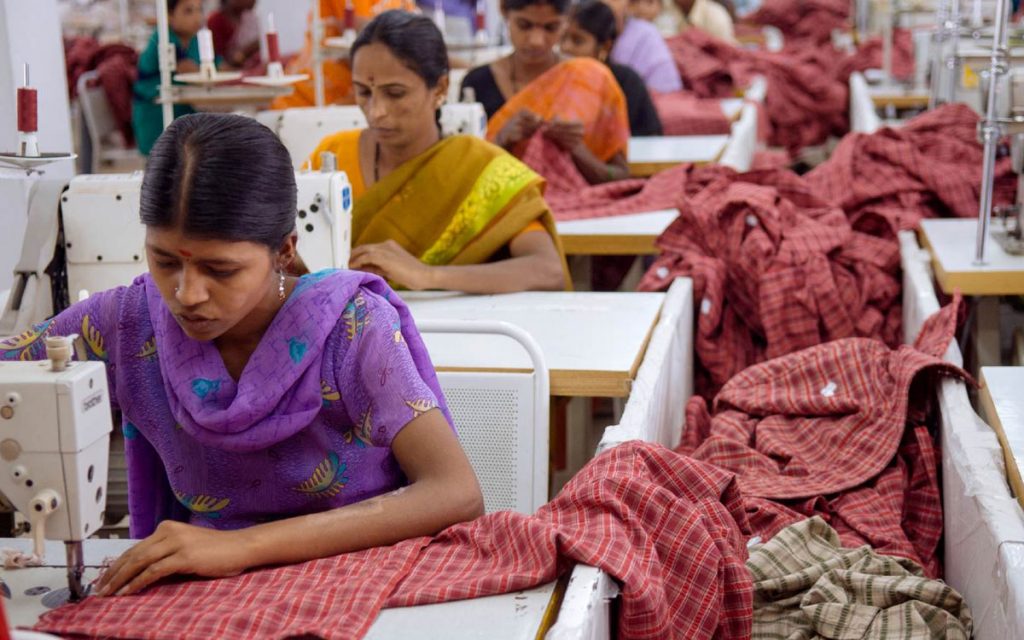
Based on Ann Shola Orloff’s theoretical propositions, this paper develops the decommodification measures to classify middle-income countries.
Author
Keerty Nakray, Associate Professor, Jindal Global Law School, O.P. Jindal Global University, Delhi, India.
Summary
In Three Worlds of Welfare Capitalism, Gøsta Esping-Andersen, using decommodification as a basis, classified advanced capitalist countries into liberal, conservative-corporatist, and social-democratic welfare regimes.
Subsequently, Ann Shola Orloff deemed his approach gender blind, and dimensions such as access to paid work and the capacity to form and maintain an autonomous household were added to the existing variables of state–market relations, stratification and social citizenship rights.
Based on Orloff’s theoretical propositions, this paper develops the decommodification measures to classify middle-income countries (MICs).
The paper classifies MICs into five clusters based on hierarchical cluster analysis using variables such as GDP per capita, female labour force participation, availability, duration and wage replacement levels and providers of maternity leave benefits and availability of childcare services, legislation on sexual harassment, marital rape and domestic violence, protection orders, the availability of legal aid for civil and criminal matters and the proportion of seats held by women in parliaments.
Published in: Social Policy & Administration
To read the full article, please click here


